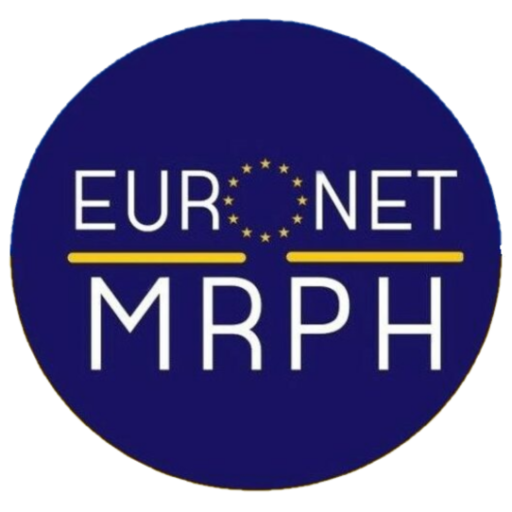The idea of a network of residents in Public Health raised in 2008, in Rennes. Almost ten years passed by and the Network has incredibly evolved, faced new challenges and expanded its boundaries – or, more likely, proved to have no actual boundaries.
The construction of a network like EuroNet is not a simple task and constitutes a real, though necessary, challenge for young Public Health professional. Despite current, hopefully transient, political trends against internationalization and openness, the future is open, international and interconnected. The vast majority of Public Health issues do not respect (national) boundaries – neither should our professional work. This is the reason why EuroNet members deeply value the idea of networking with other fellow residents and trainees as well as with Public Health specialists around Europe.
Public Health is about networking and networks and its future is open, international and interconnected. Summing everything up, one of the reasons why to be involved in this network is: new connections mean new ideas and better knowledge. The analysis of the education of Public Health specialists has always been one of the main purpose of the Network.
The yearly meetings, the internship exchange program, and the cross-country research are the main tools EuroNet is using to take on the monitor function of the training programs throughout Europe.
Our effort highlights that, although every country tries to answer to Public Health issues by a different organization both in Public Health political and scientific infrastructure, and in its education pathway, the main issues are the same across the continent. Finding new and sustainable ways of delivering healthcare, tackling the non-communicable disease epidemics of the 21st century, like obesity or diabetes, and working on new communicable disease challenges, such as the rise of antimicrobial resistant microorganisms, are all common issues in Europe. These challenges come along with the development of cities and the new needs that this development brings in terms of health, the demand for less polluted air and new spaces fitted out for physical activity.
The extent of these challenges shows how a « only national » answer is not an option and underlines the need to deploy all the tools and the multi-sectoral skills that Public Health has to offer us. Freedom of movement, trade and goods means that Public Health opportunities and threats also move freely across the continent. For this reason, Public Health in the European context will also mean further collaboration and integration of national associations and organisations.
Public Health in Europe is shifting from a traditional medical model to a multidisciplinary model characterized by remote work, out-of-the-box and forward thinking, advocacy, managerial skills.
We now know that the health of the population is mainly determined by the « social determinants of health ». This means that tools usually reserved for other disciplines are already a must in Public Health on a high level – meaning to produce change. Delineation between disciplines is disappearing and in the very near future we will have Public Health economists, architects, veterinarians and lawyers but also informaticists, mathematicians, philosophers and artists.
Taking all this into consideration, we are developing a heterogeneous network of collaborations. We closely and continuously cooperate with key young Public Health professionals associations in Europe like Young Forum Gastein (part of the European Forum Gastein) and EUPHAnxt (part of EUPHA). We cooperate with the central Public Health education association in Europe – ASPHER, with the idea in mind to better represent European resident in their educational choices. But we also cooperate with some non-core Public Health institutions like IEDC Bled School of Management in Slovenia. EuroNet is also a member of European Public Health Alliance (EPHA); with their help we plan to work on the advocacy skills of our members in the near future.
Public Health is a never-boring, perpetually-changing field to work in. The extent of this discipline, along with the pace of the changes, makes essential to work and learn together, facing the differences and crossing the borders. Through sharing information, facilitating exchanges and developing research, this is just what EuroNet MRPH aims to do. And it does it with enthusiasm and curiosity.
Damir Ivanković – President
Alberto Mateo – Vice-President
Lilian van der Ven – Secretary
Damiano Cerasuolo – Treasurer
Photo: EuroNet MRPH Spring Meeting 2017 – European Parliament
Published on 26/04/2017 on 32nd CliSP “Bulletin”

